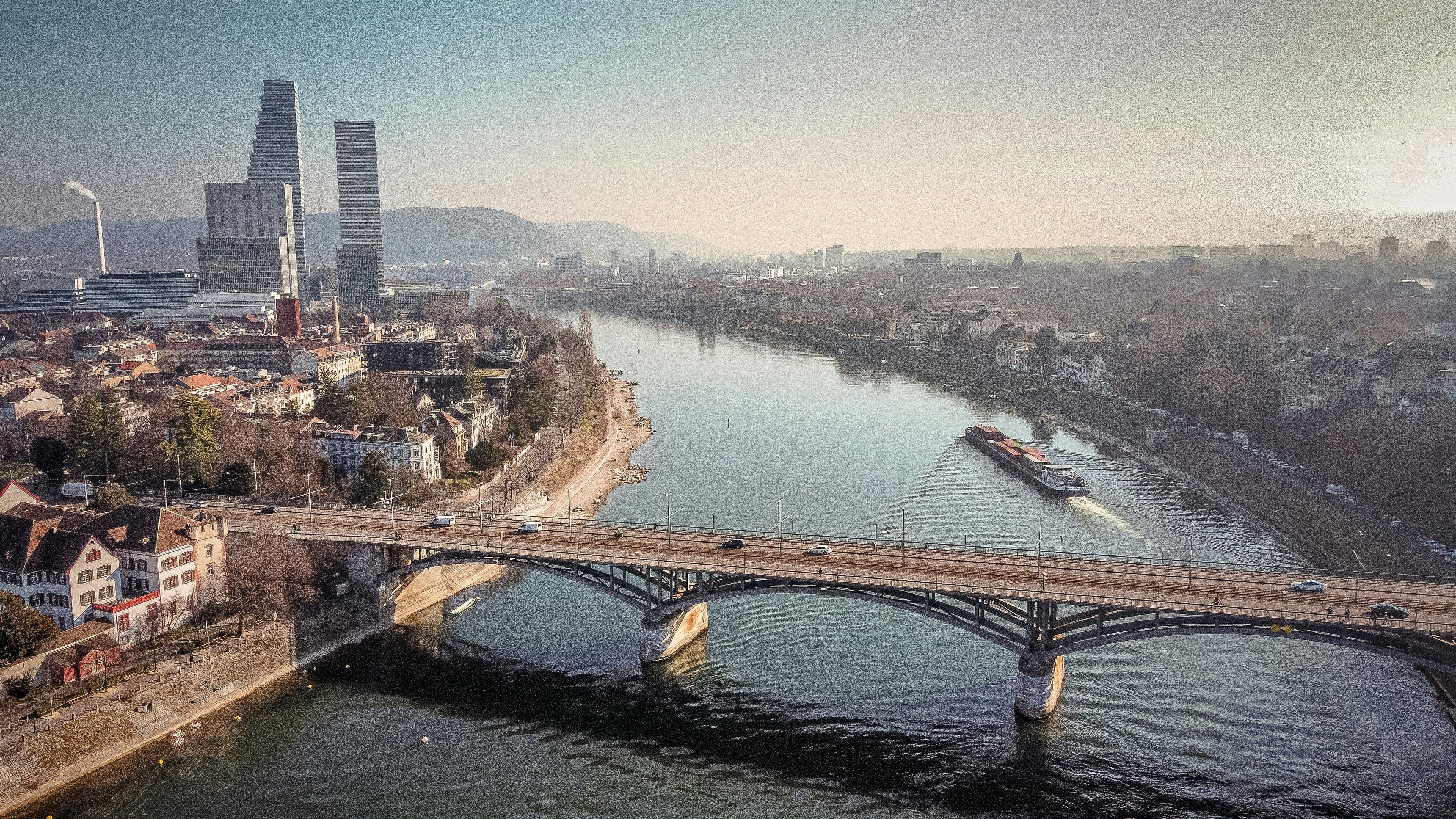
15/10/2025
New Wizz Air route from Poznań to Basel
Copy link

Ewelina Winiarczyk
24 września 2025
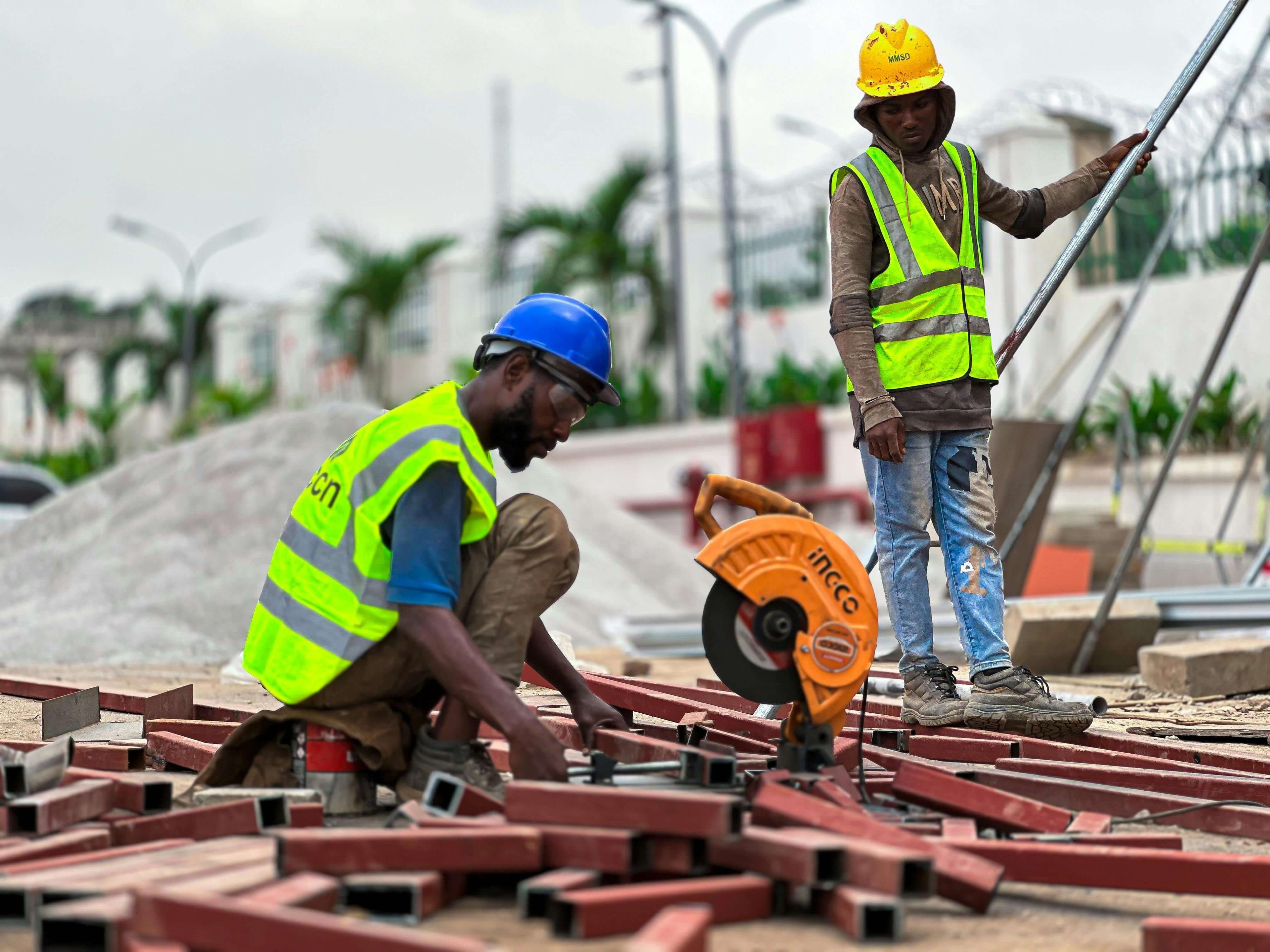
Dubai has been attracting the attention of people looking for employment outside Poland for years. However, this city of skyscrapers and luxury did not arise on its own—behind it stands a huge number of workers employed on construction sites throughout the United Arab Emirates. It is no surprise that more and more people are typing “how much does a construction worker earn in Dubai” into search engines, hoping to find reliable information.
Let's start with the fact that salaries in Dubai are not uniform. Salaries are directly proportional to the type of position, experience, and, importantly, nationality.
Unskilled construction workers usually receive a basic salary of between 800 and 1,500 dirhams per month (approximately 188-352 EUR). This amount may seem surprisingly low to Europeans, especially considering the cost of living in Dubai. However, for people from South Asia, such remuneration is still attractive.
Higher earnings can be expected by people with experience, e.g. foremen, master craftsmen, or team managers. Here, the average salary is 2,000-4,000 dirhams. Specialists earn even more: engineers, project managers, and even people from related industries, such as lawyers, accountants, and programmers working on investment services.
It is worth noting that there is no fixed minimum wage in Dubai, and ultimately the employer always decides on the salary. The lack of mandatory income tax and VAT means that the gross amount is equal to the net amount - this is undoubtedly an advantage compared to Poland, for example.
Housing conditions are a topic that often interests people planning to find work in the Emirates. And here, the situation is better than it might seem. Many companies provide accommodation, especially for manual labor positions.
Most often, these are company apartments in large complexes, where several people share a room. The standard is not always high, but the conditions are much cheaper compared to private rentals on the commercial market. It is worth noting that private apartments in Dubai can cost a fortune, so the possibility of using company accommodation is a considerable convenience.
What's more, many employers also offer other additional benefits: free transportation, health care, and sometimes even annual airline tickets from local airlines, allowing employees to visit their home country. Such extras reduce the real cost of living for employees and make contracts more attractive.
This is a sensitive but extremely important topic. In Dubai, salaries largely depend on the nationality of the employee.
The salary of a construction worker in the UAE is completely different for a resident of India, Pakistan or Bangladesh than for a Pole, Briton or engineer from Western Europe. Why? There are several reasons: differences in education, level of experience, and knowledge of English. However, it must be admitted openly that the stereotypical perception of the value of work depending on the country of origin is also of considerable importance.
Europeans and specialists usually earn more because local entrepreneurs are willing to pay higher rates, believing in better quality services and better preparation for duties. On the other hand, people from South Asia earn the least, even though they often do the heaviest physical work.
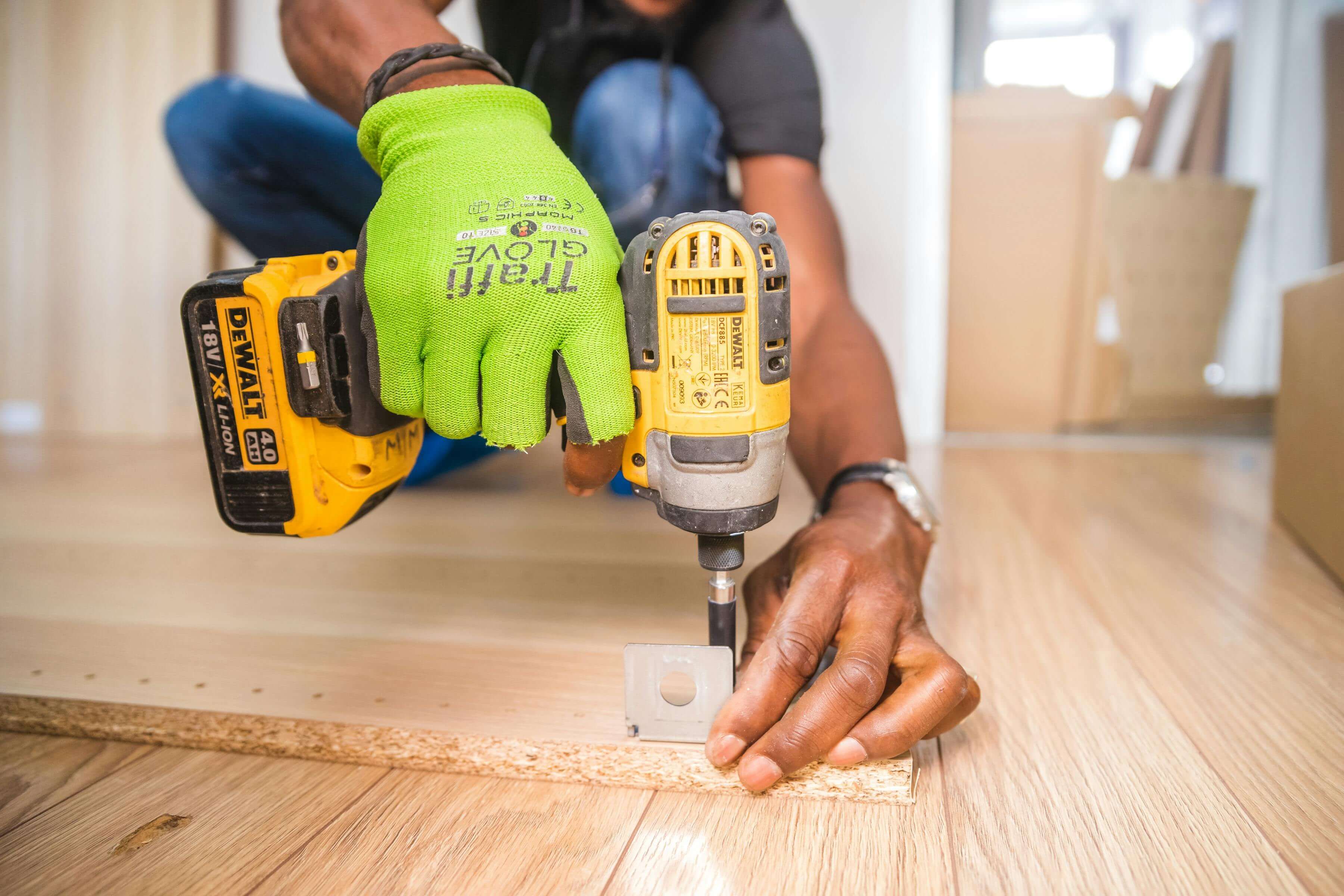
In the United Arab Emirates, there are regulations in place to protect the health and rights of manual workers. One of these is a ban on outdoor work during the hottest months of the year - from mid-June to mid-September between 12:30 p.m. and 3:00 p.m., when the sun is at its strongest. This obligation was introduced to reduce the risk of overheating and heat-related illnesses. Another regulation concerns Ramadan - according to UAE labor law, a normal working day in the private sector is shortened by two hours, regardless of whether the employee is Muslim or not.
The law also provides for a mandatory break after a maximum of five hours of work - it should last at least one hour and be used for a meal or rest, and is not included in working time. Overtime regulations are also important: employees are entitled to additional remuneration, at least 25% higher than the standard rate for each hour worked in excess of the norm, and in the case of night work, between 9:00 p.m. and 4:00 a.m., the rate increases by up to 50%.
If you are looking for a job and want to start your search in the Emirates, you have several options. The easiest way is to check the ads available on Polish websites, where agencies publish offers addressed to people interested in moving abroad.
Another way is to browse recruitment portals operating in the Emirates yourself. There you can find the best offers, although they often require a better knowledge of the market and the ability to act on your own.
It is worth remembering that a work visa is required for legal employment, and it is the company that arranges for it to be obtained. Without it, you cannot work in Dubai.
There is a wide job market there, not only in construction, but also in the service sector, marketing, IT, and large project management. If you have the right experience, it will be easier for you to find a job in your profession and negotiate higher rates.
Are you planning to work in Dubai? First, let yourself be enchanted by the city - discover its greatest attractions and experience luxury by staying in the most prestigious district.
1. What is the average salary of a construction worker?
The average salary of a construction worker in Dubai is usually between 800 and 1,500 dirhams per month (approximately 188-352 EUR), which may seem surprisingly low to many Europeans. For more experienced workers or foremen, the salary can increase to 2,000-4,000 dirhams.
2. How much will a construction worker earn with overtime in Dubai?
In Dubai, overtime is paid extra, usually +25% of the hourly rate for work above the norm and +50% at night (9:00 p.m. to 4:00 a.m.). This means that a construction worker earning around 1,200-1,500 dirhams per month can increase their income by up to several hundred dirhams if they often work overtime. In practice, the amount of additional earnings depends on the company and the number of overtime hours worked.
3. What are the pay rates for bricklayers and carpenters in Dubai?
Bricklayers in Dubai usually earn around 1,800-2,100 dirhams per month, although depending on the company and experience, rates can reach up to 2,500 dirhams per month.
Carpenters can expect higher rates, with an average of 4,800 dirhams per month for those with moderate to extensive experience, while beginners may earn less and specialists (e.g., with finishing skills) may earn even more than 7,000 dirhams.
See other news

15/10/2025
New Wizz Air route from Poznań to Basel

15/10/2025
As many as five new Wizz Air routes from Poland to Montenegro!

13/10/2025
The world's largest inflatable obstacle course – Aqua Fun in Dubai
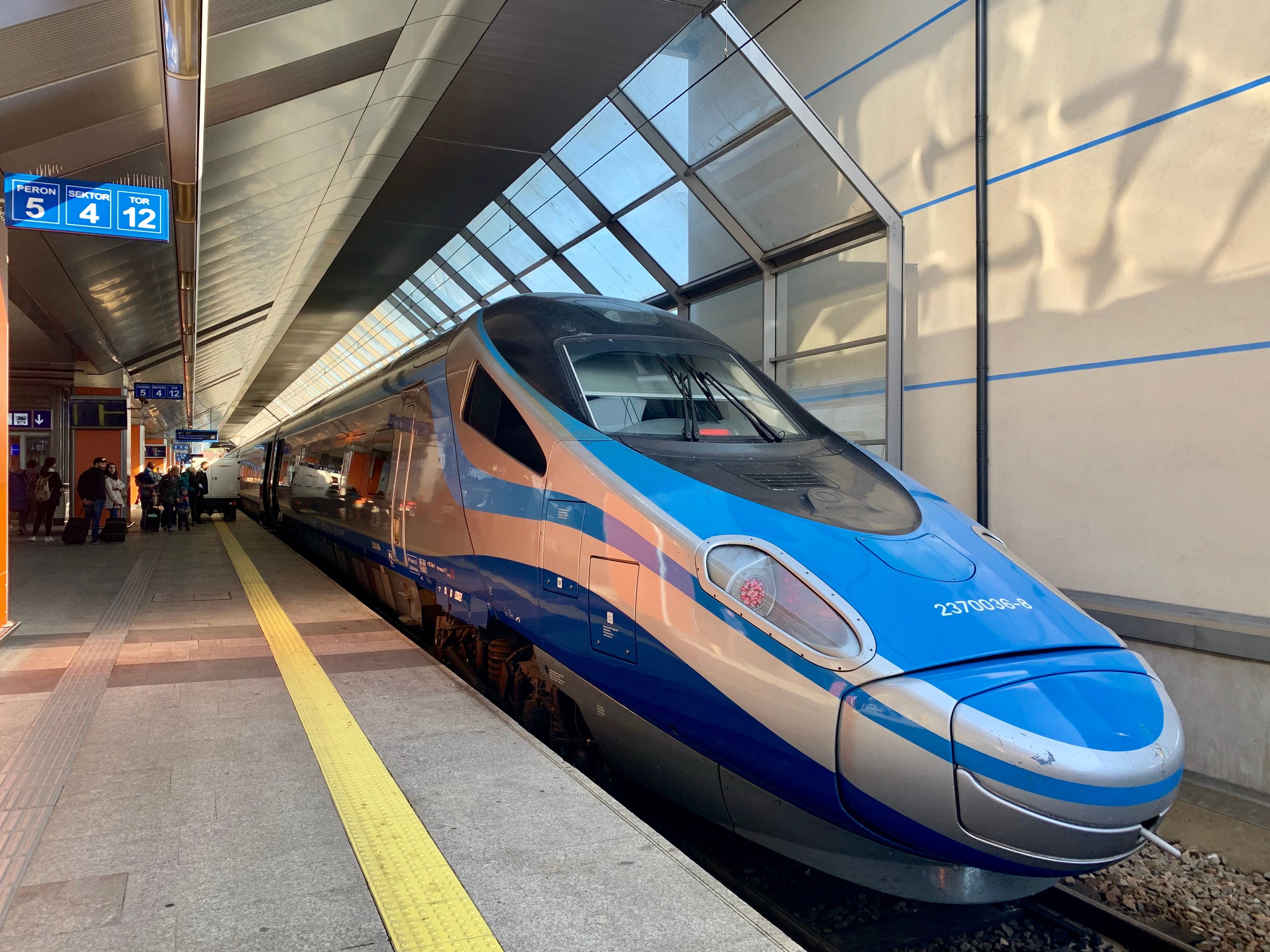
13/10/2025
PKP Intercity to launch its own loyalty programme

11/10/2025
The World Surf League competition will once again be held in Abu Dhabi

11/10/2025
The Lost Chambers Aquarium in Dubai has undergone a transformation and has a new name

11/10/2025
Entrance to the Teide volcano will be subject to a fee
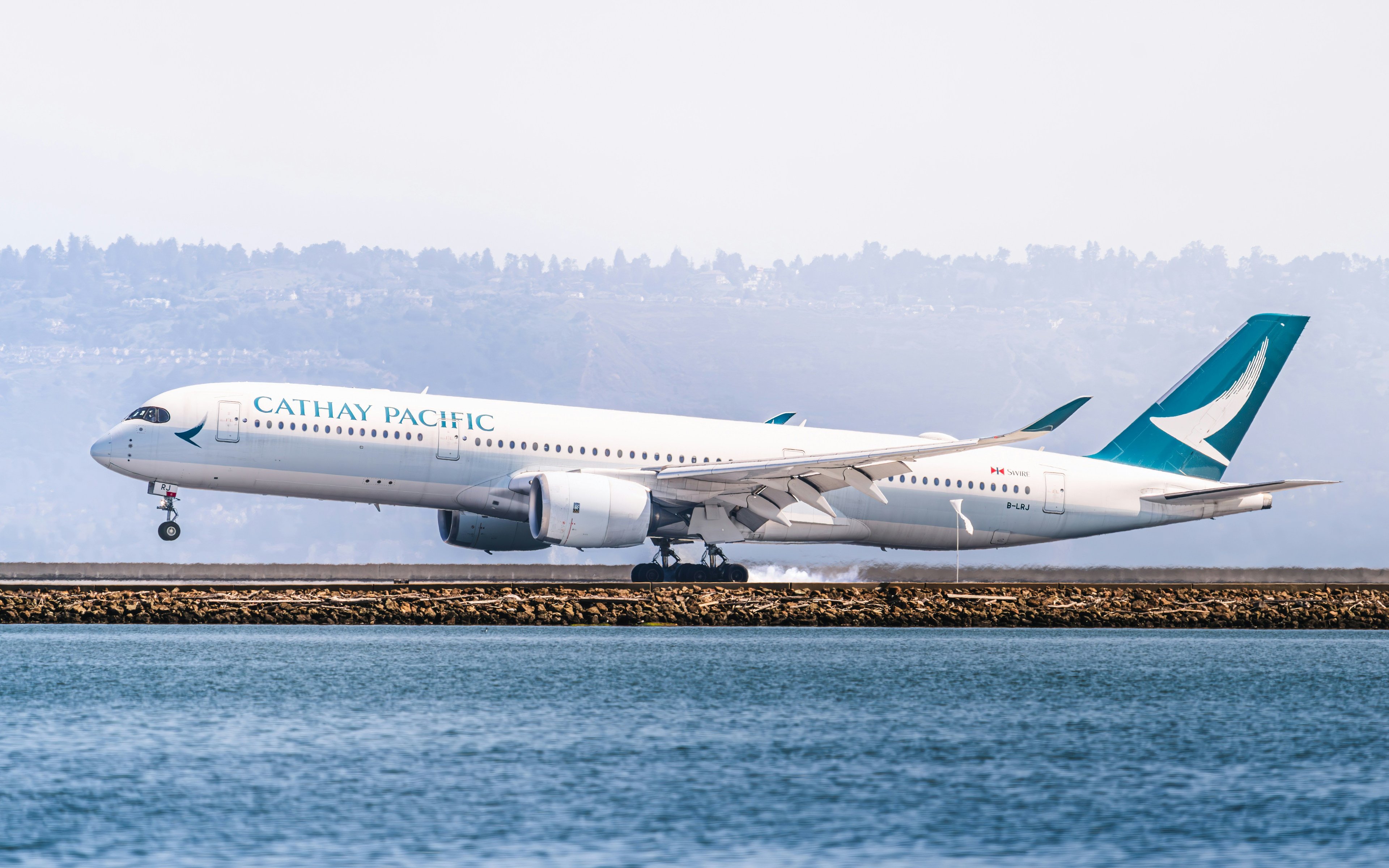
11/10/2025
Cathay Pacific Airways has the best economy class in the world

11/10/2025
Etihad Airways to launch flights to Kabul
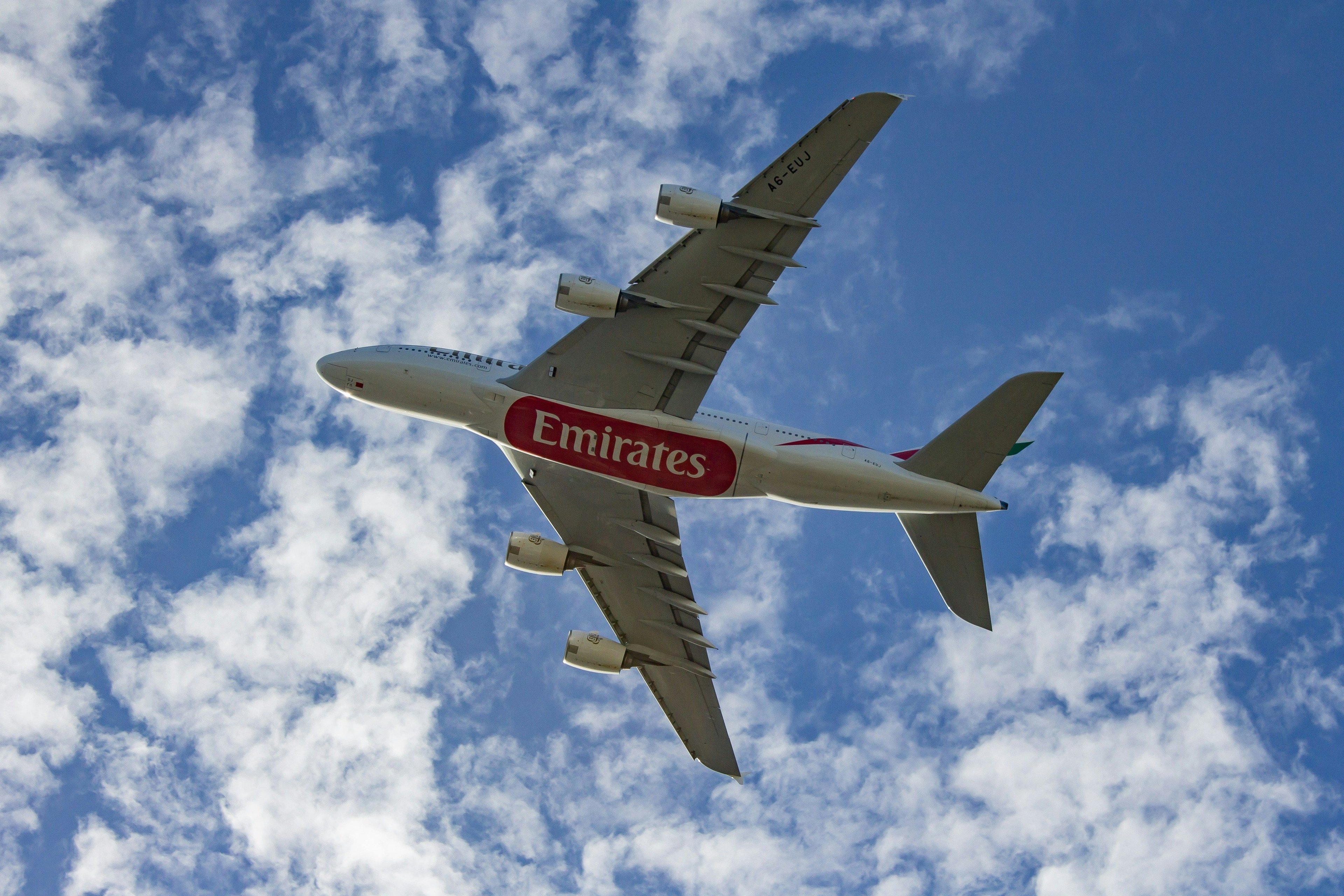
11/10/2025
Emirates has opened a new training center in Dubai